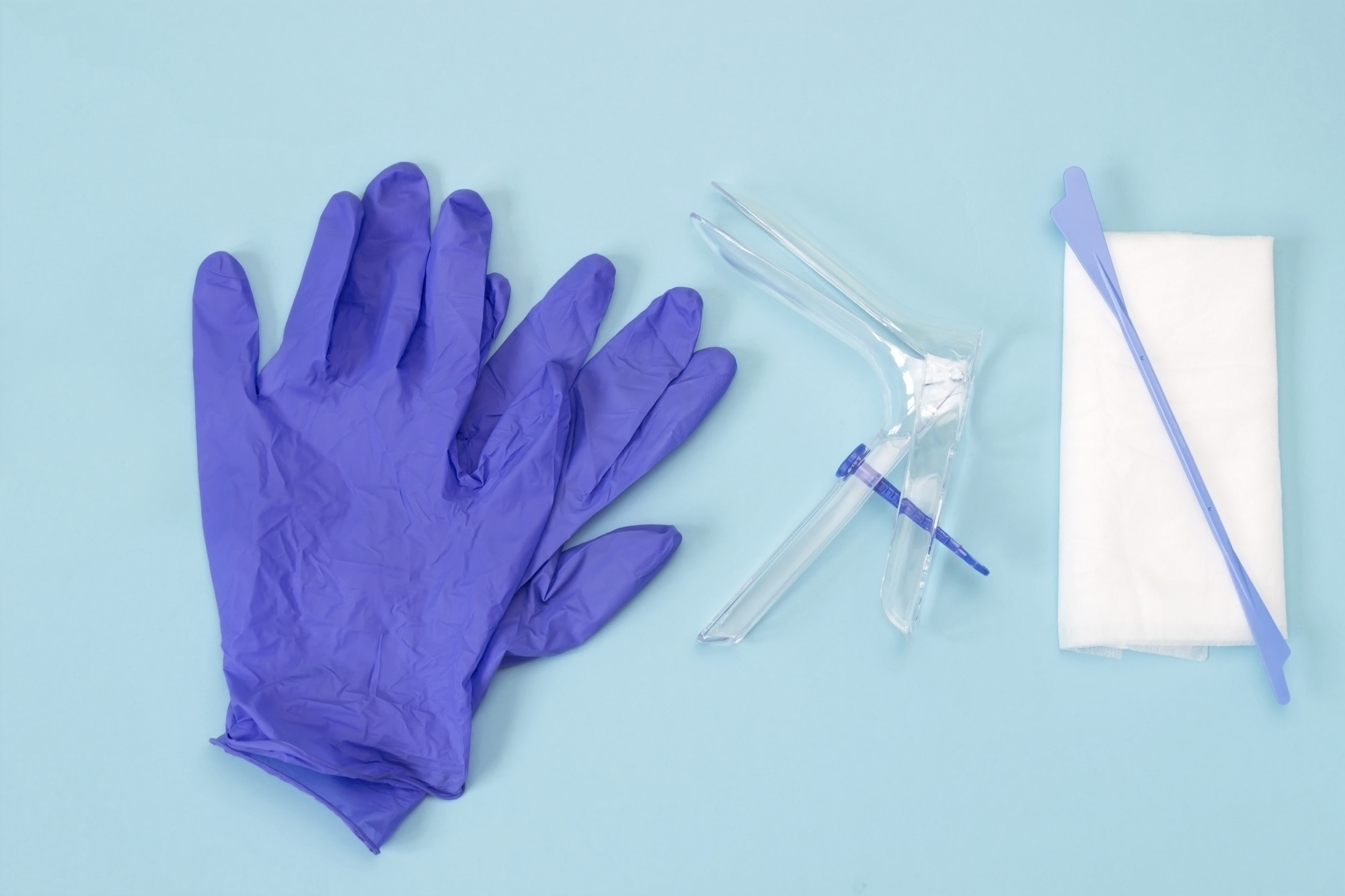Does a Pap Smear Hurt? What to Expect During Your Pap Smear Test
Have you undergone a pap smear within the past three years? If not, it’s past time for one.
Research shows that over 12,000 women end up getting cervical cancer each year. However, with pap smears, more than 90% of this type of cancer is preventable.
If you’re due for your first cervical smear, you may be wondering, “Does a pap smear hurt?” Let’s explore what to expect during your pap smear test.
What Is a Pap Smear?
This screening test helps determine if cancerous or precancerous cells are present on a woman’s cervix or the uterus’s opening.
During this routine procedure, a doctor gently scrapes away cells from the cervix and examines them for any abnormal growth.
Who Should Get a Pap Test?
Women should begin getting pap smears at 25 years of age. It is recommended they undergo these tests every 3-5 years.
Your doctor may recommend you get a cervical smear more frequently if you are HIV-positive. Women might also need to undergo more frequent testing if their immune systems are weak due to undergoing chemotherapy or organ transplants.
If you are 65 years old and have never had an abnormal smear result, you might not need to undergo more pap smears.
Preparing for a Pap Test
Your pap smear may be scheduled as part of your yearly gynecological examination. Alternatively, you may schedule a separate pap smear appointment. Most health insurance plans cover pap smears, but you might be responsible for a co-pay fee.
If you are menstruating on your cervical smear day, your gynecologist might ask you to reschedule your test. Otherwise, your test results may not be as accurate.
Also, it’s best not to have sex, douche, or use a spermicidal product 24 hours before your smear. These actions might also interfere with the pap smear results.
Have you just had a baby? Wait at least 12 weeks to undergo a cervical smear. Getting a smear too soon after you’ve given birth may also lead to inaccurate results.
What Happens During a Cervical Smear?
During this type of test, your doctor will ask you to lie down on a patient table. You can rest on your back or your left or right side. Then, bend your knees up.
Your doctor will cover your lower area with a clean sheet. They will also ask you to place your feet in special supports known as stirrups.
They will then open your vagina using a tool called a speculum. Afterward, they will take a cell sample from your cervix’s surface using a tiny brush or small broom.
The cervical smear will take a couple of minutes. Your doctor will then send your sample to a lab for examination.
Does a Pap Smear Hurt?
Pap smears generally don’t hurt. You might feel a gentle push and some irritation when your gynecologist is scraping your cervix. However, you shouldn’t experience anything more than mild discomfort.
Still nervous about undergoing the procedure? If you feel nervous or embarrassed, tell your gynecologist how you’re feeling. They may encourage you to bring a support individual with you to your pap smear appointment.
Also, if you’re pregnant, keep in mind that a cervical test might be more uncomfortable the farther along you are in your pregnancy. This is why you should try to undergo the test before you are 25 weeks pregnant.
Keep in mind that the more relaxed you are during your cervical smear, the more smoothly your procedure will go. Taking deep breaths may help you feel relaxed and stay calm during the test.
Following the procedure, any discomfort the scraping has caused you should subside relatively quickly. You may also experience light bleeding from your vagina, but this should also stop. Tell your gynecologist if you’re still experiencing bleeding or discomfort on the day following the test.
Normal vs. Abnormal Pap Smear
If your pap smear result is normal, this means the lab didn’t identify any abnormal cells. Your doctor may also describe your normal results as negative results.
If your result is abnormal, this does not mean you have gotten cancer. Instead, it means your cervix has abnormal cells. Some of these cells might be precancerous.
There are multiple abnormal cell levels. The mildest is atypia. The most severe is carcinoma or cancer. Fortunately, women with abnormal cell results usually have milder cells versus severe abnormalities.
If you have an abnormal smear, your gynecologist may have you repeat your cervical smear within a few months.
Your doctor might also want to examine your cervix’s tissue more closely through a procedure known as colposcopy. During this type of exam, your gynecologist will use magnification and light to see your cervical and vaginal tissues more clearly.
Your gynecologist might also get a cervical tissue sample — a procedure known as a biopsy — for further examination.
The information they gain through these extra steps will help them determine the next steps for you.
How We Can Help With Pap Smears
Are you wondering, “Does a pap smear hurt?” This type of cervical test can be a little uncomfortable, but it shouldn’t cause you pain long-term. Undergoing this type of test every 3-5 years can decrease your chance of developing cervical cancer as you age.
At Women’s Health of August, we offer high-quality gynecological services, including pap smears. We’re committed to providing you with individualized attention and grade-A patient service.
Get in touch with us to learn more about our services, and schedule a visit today!

